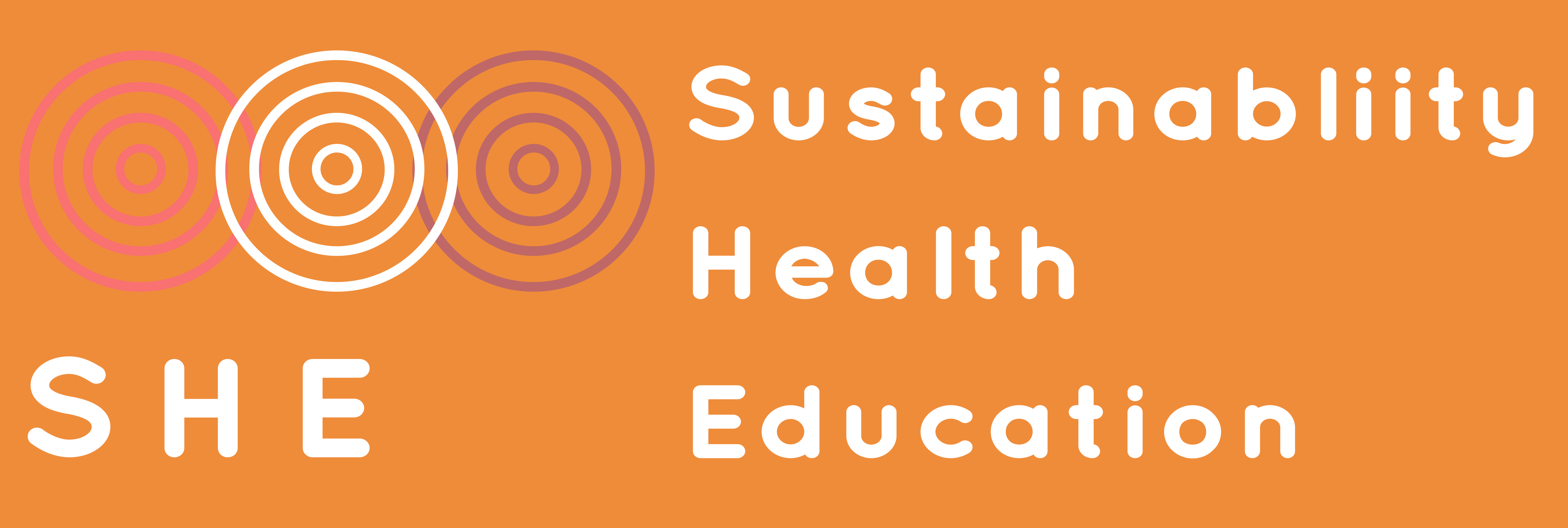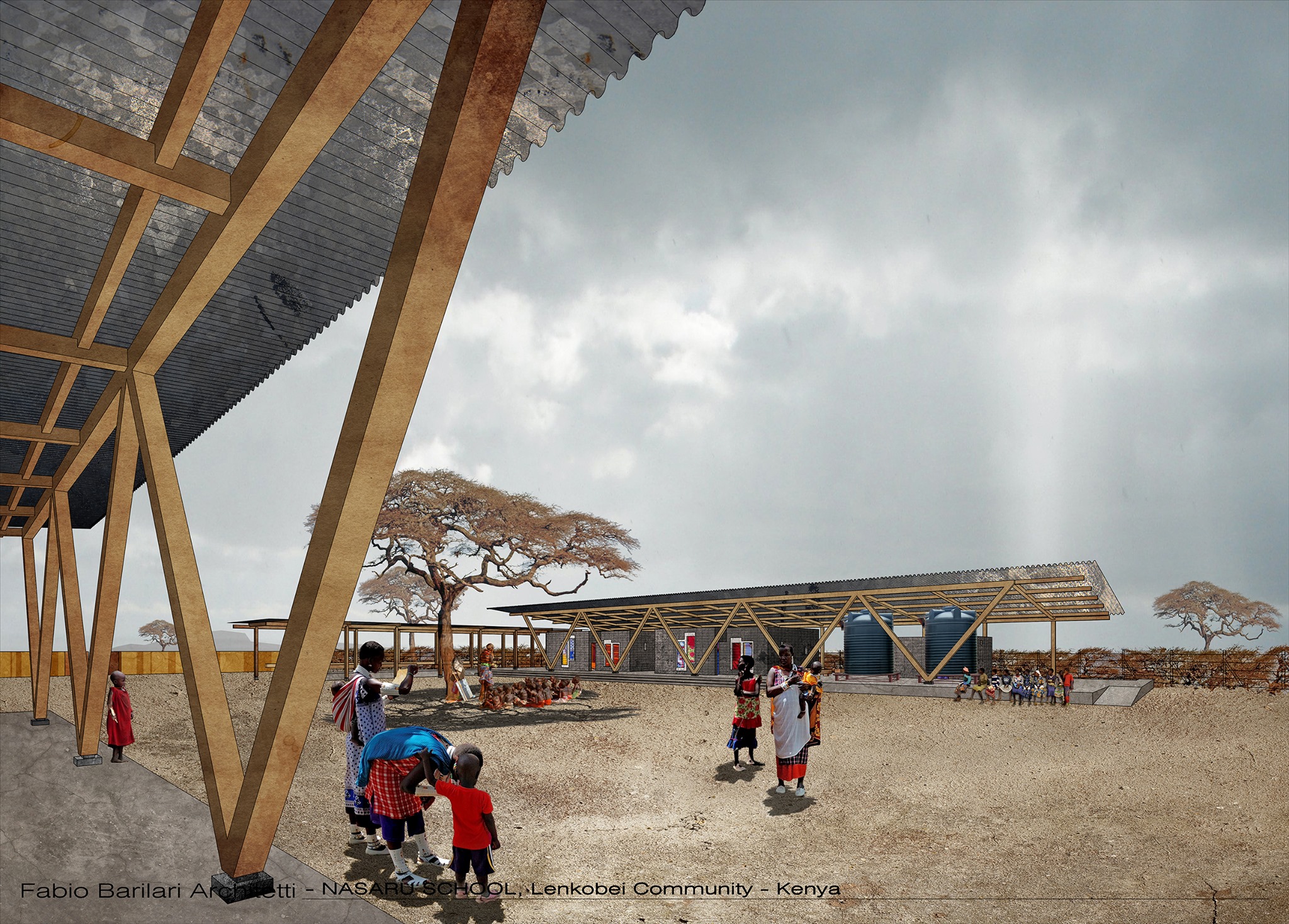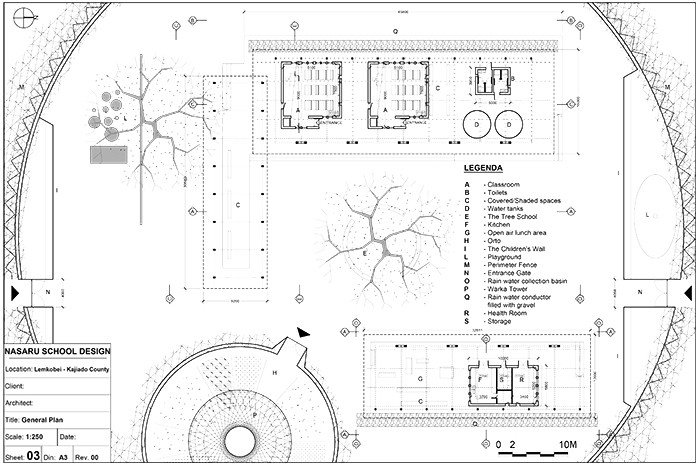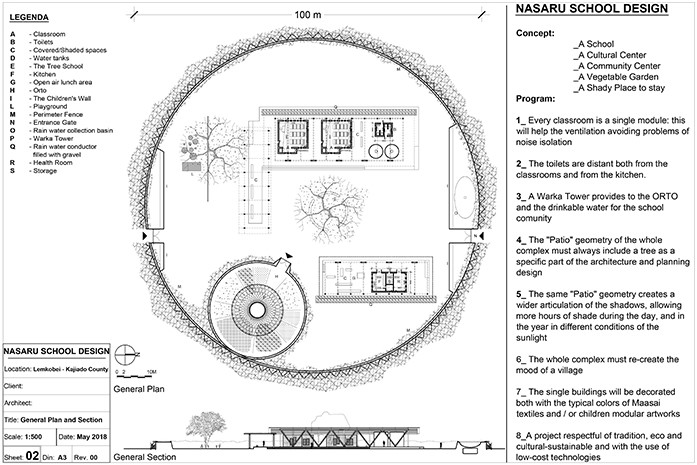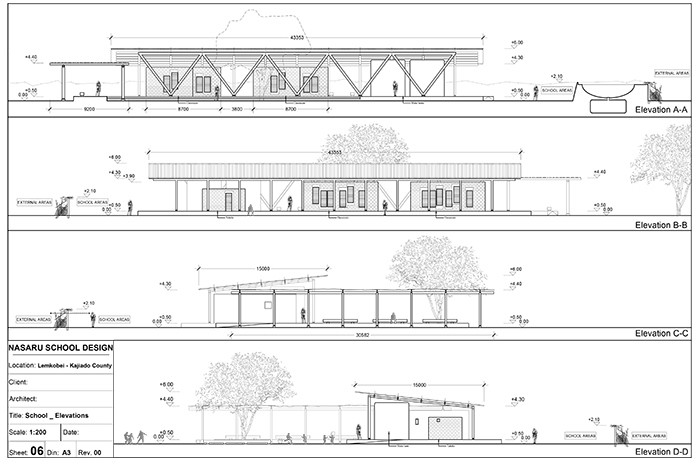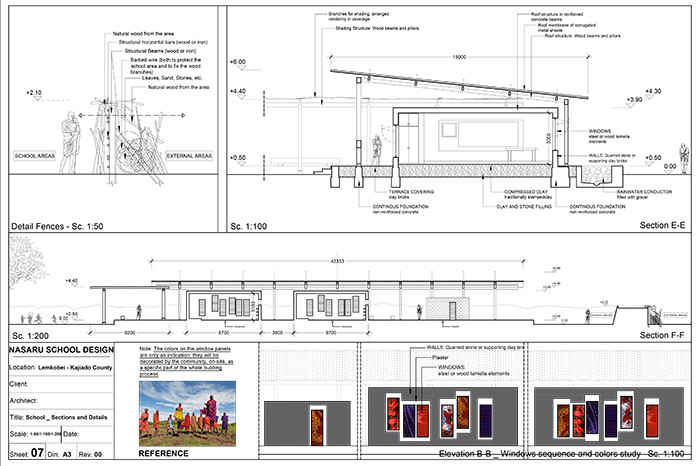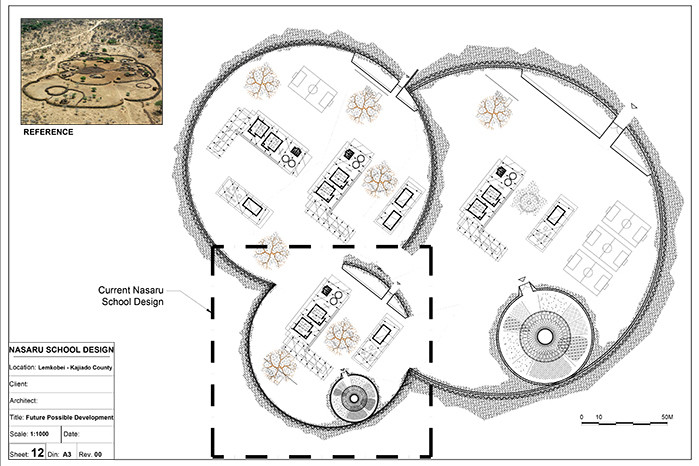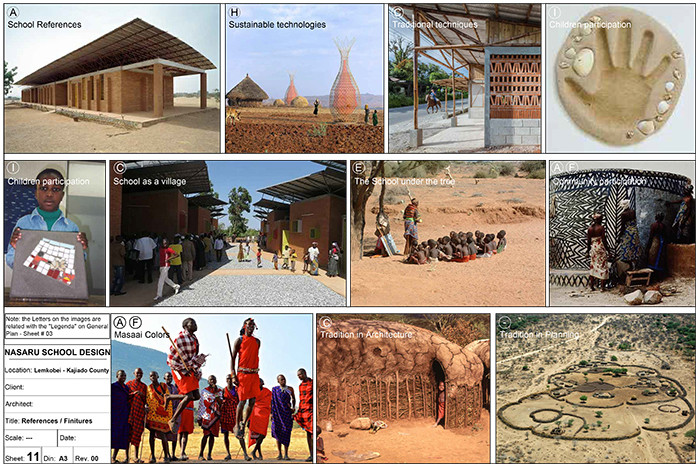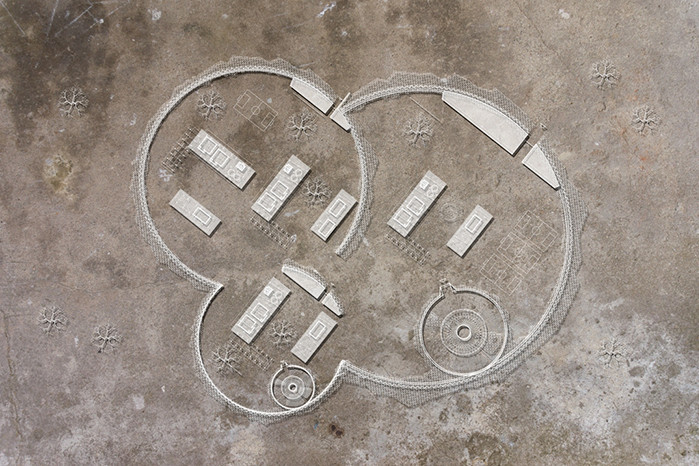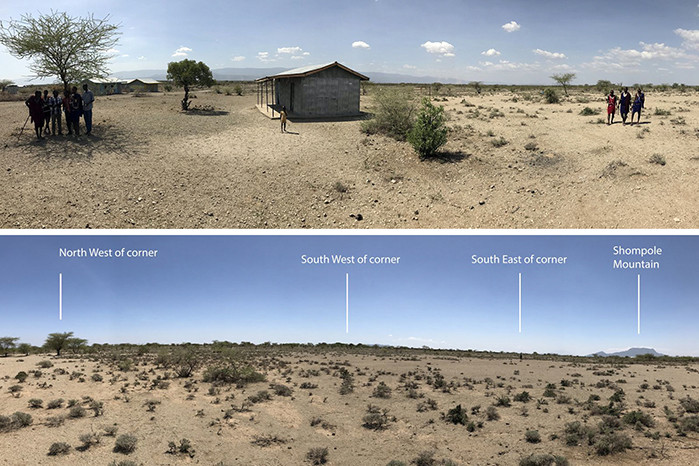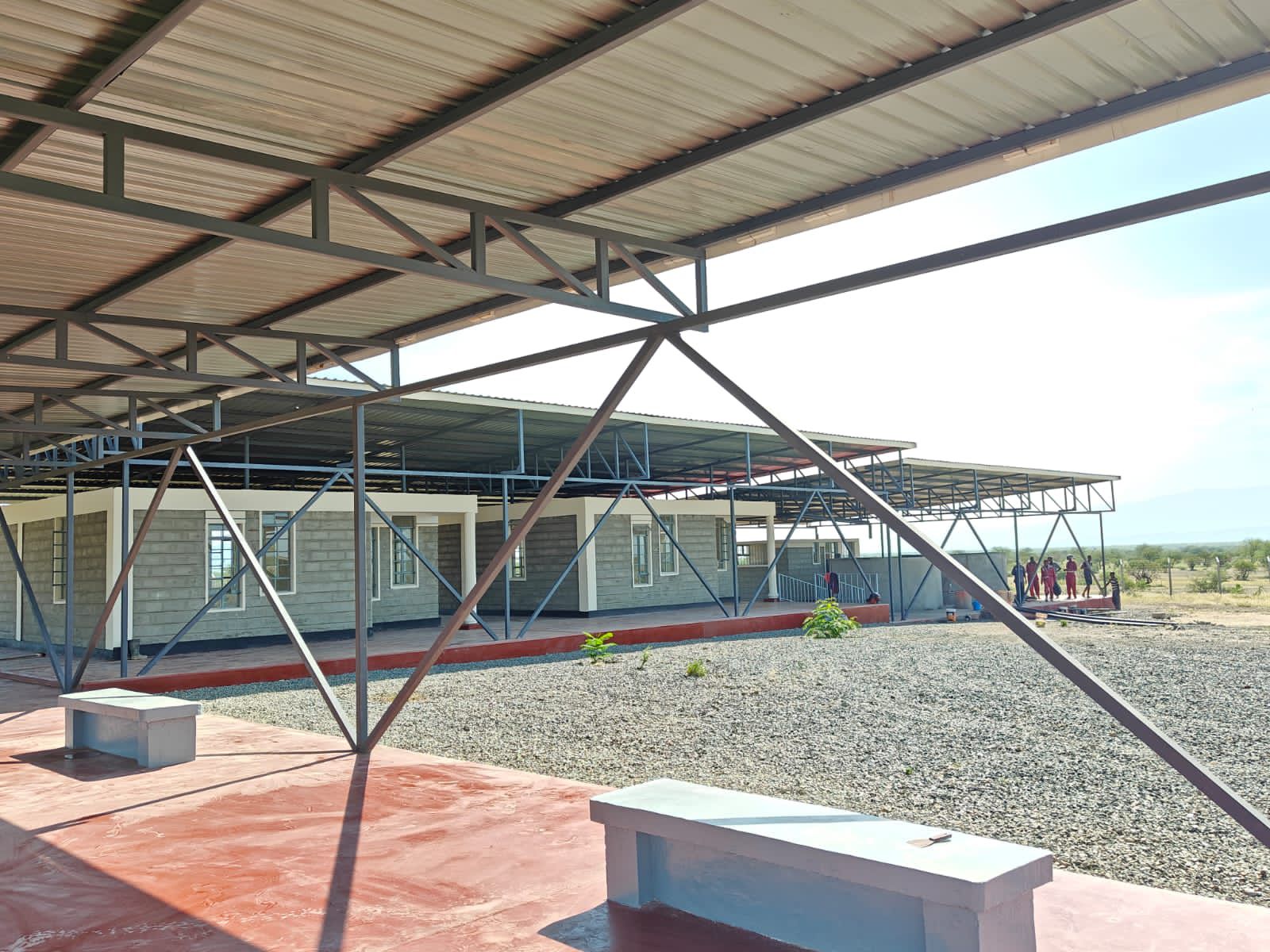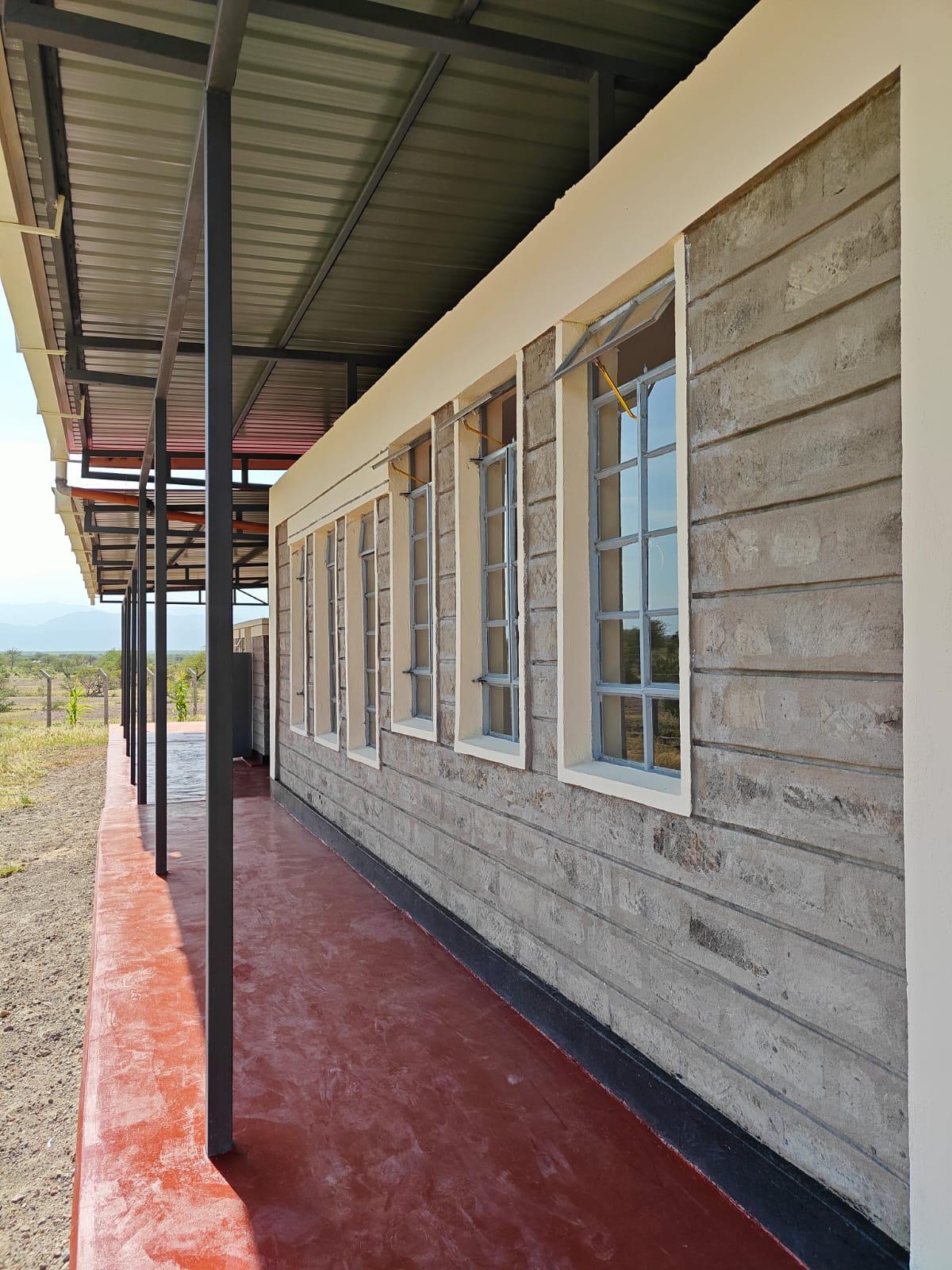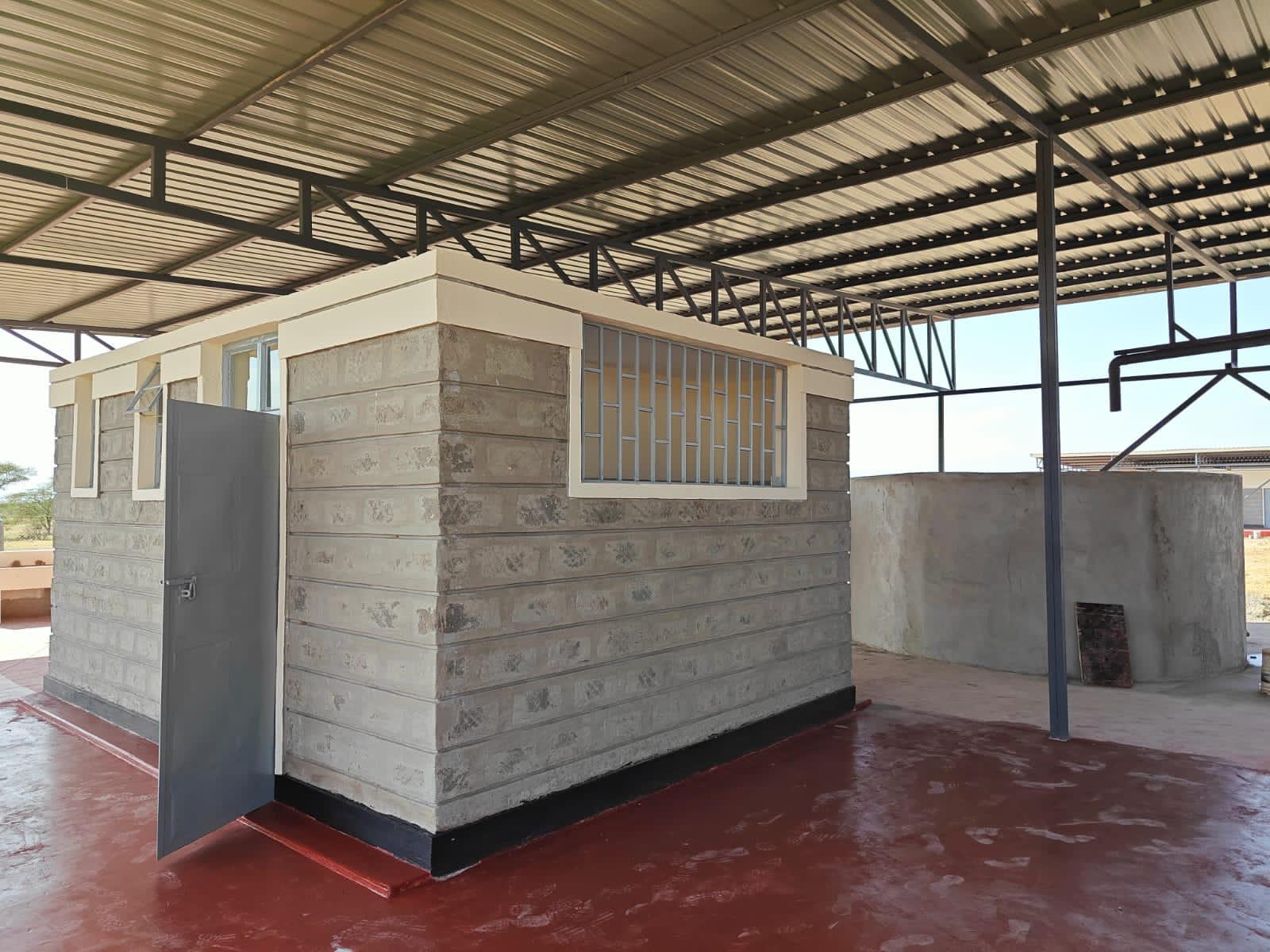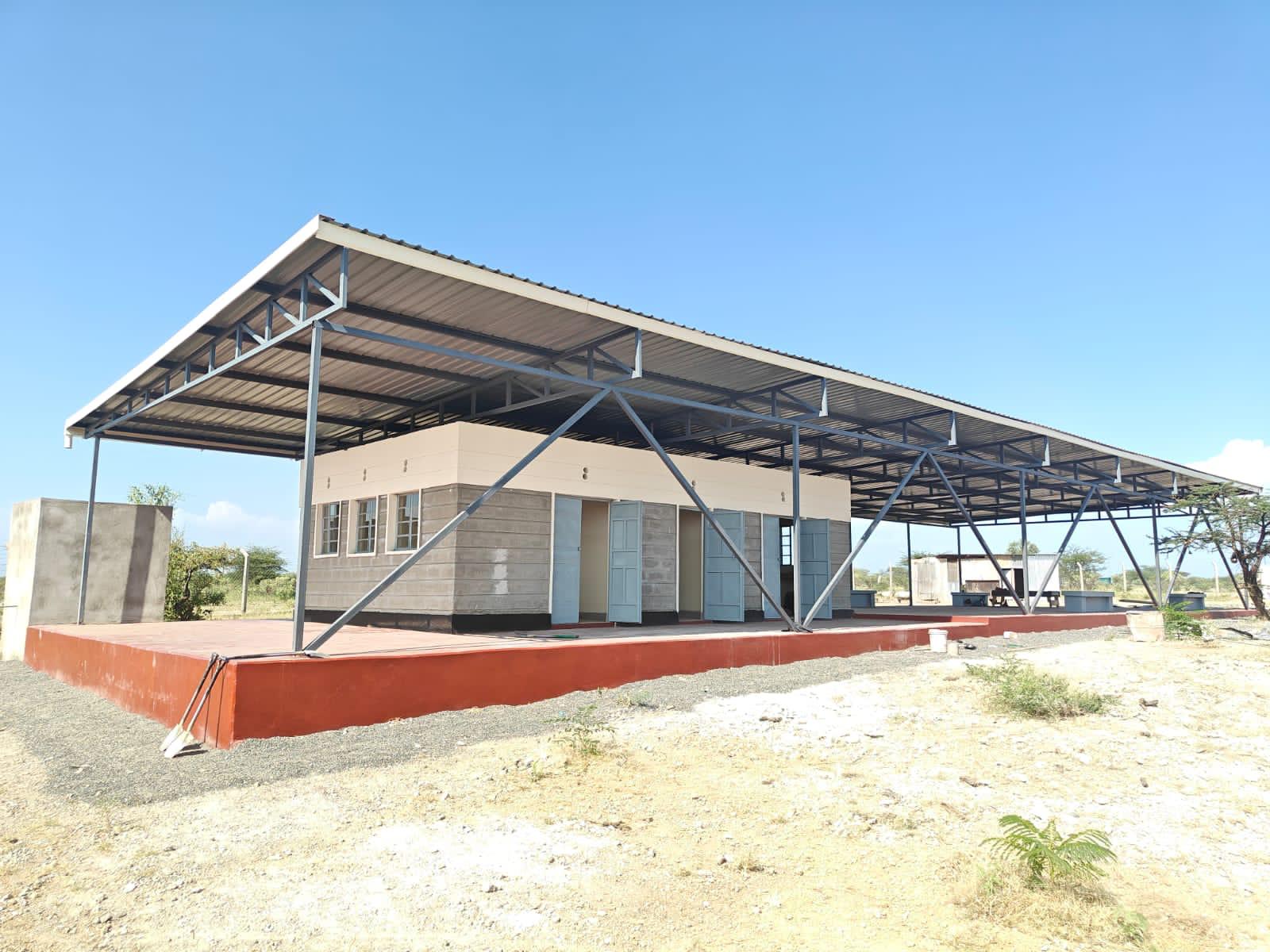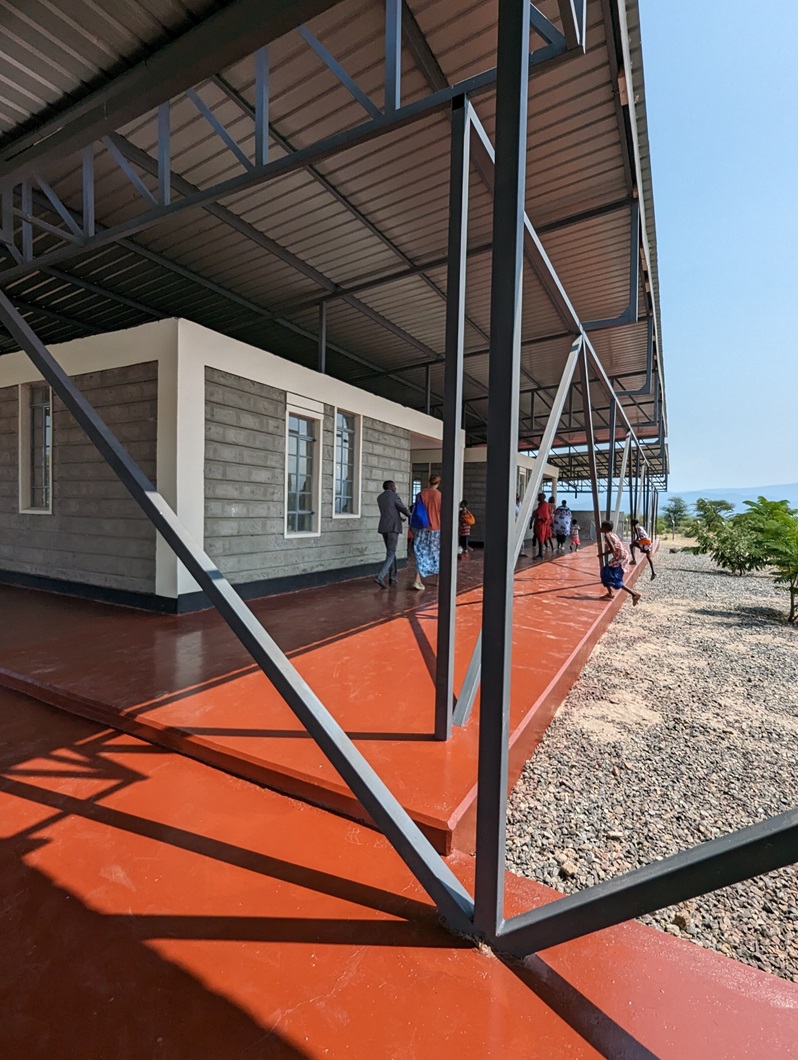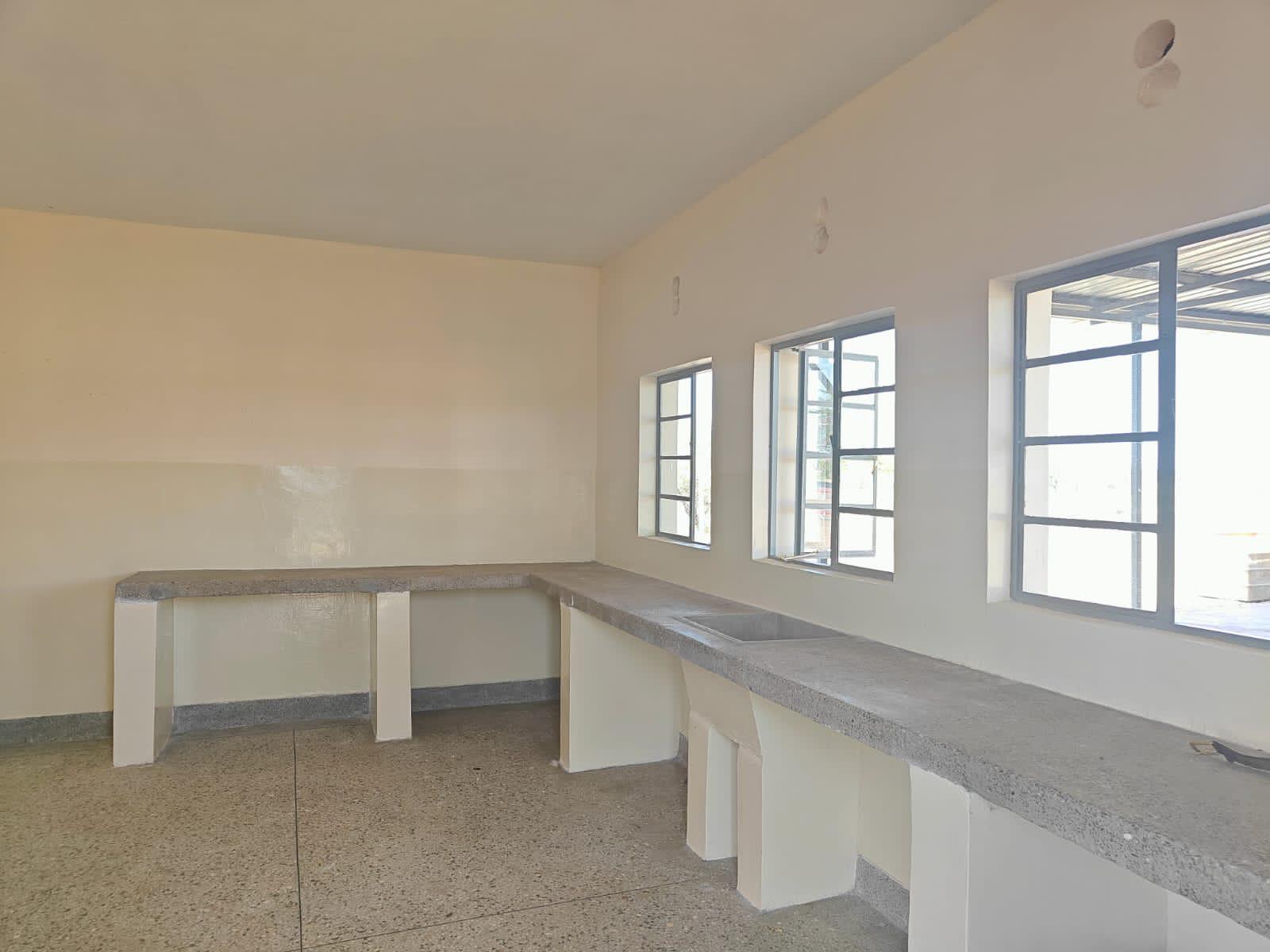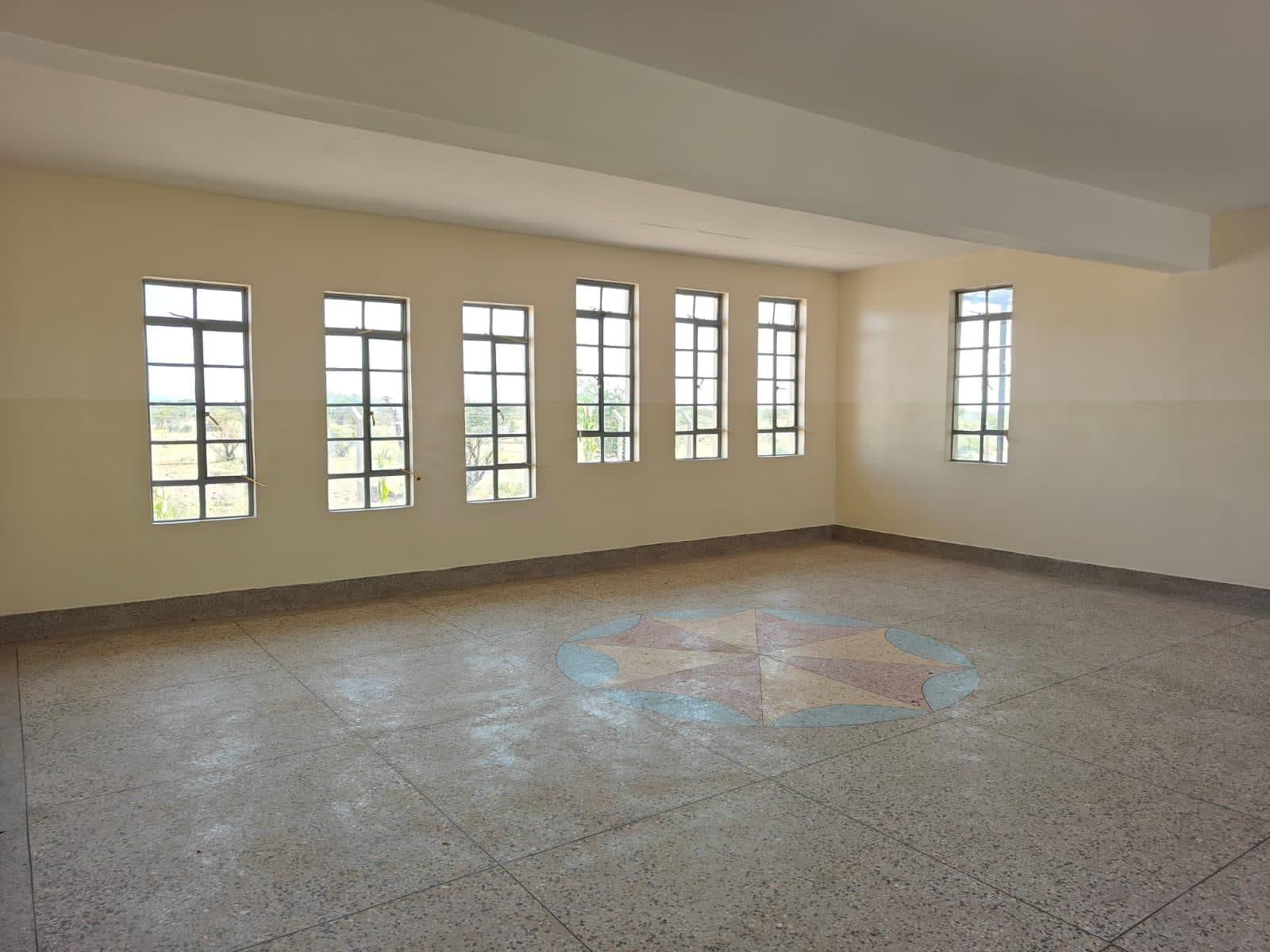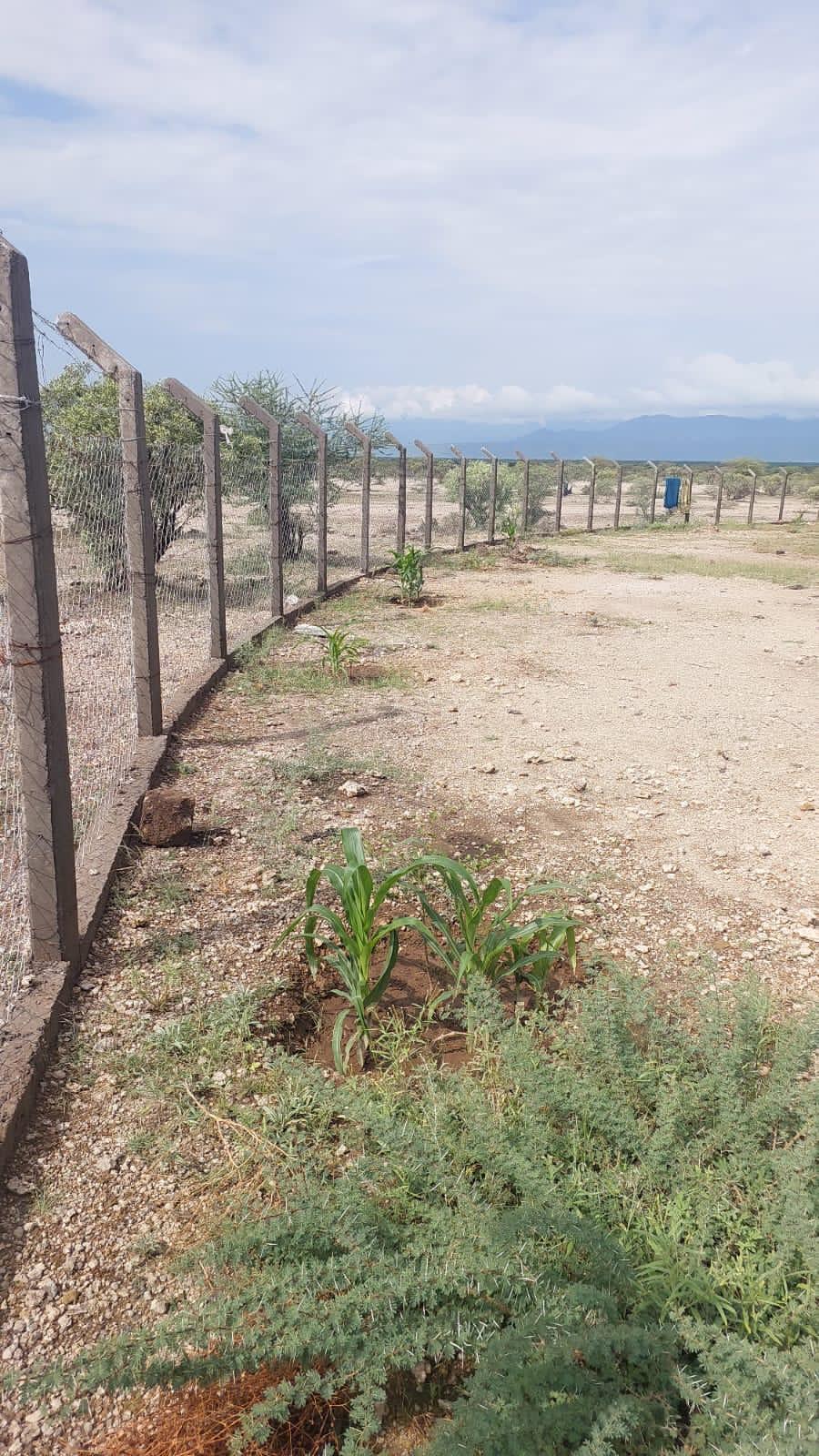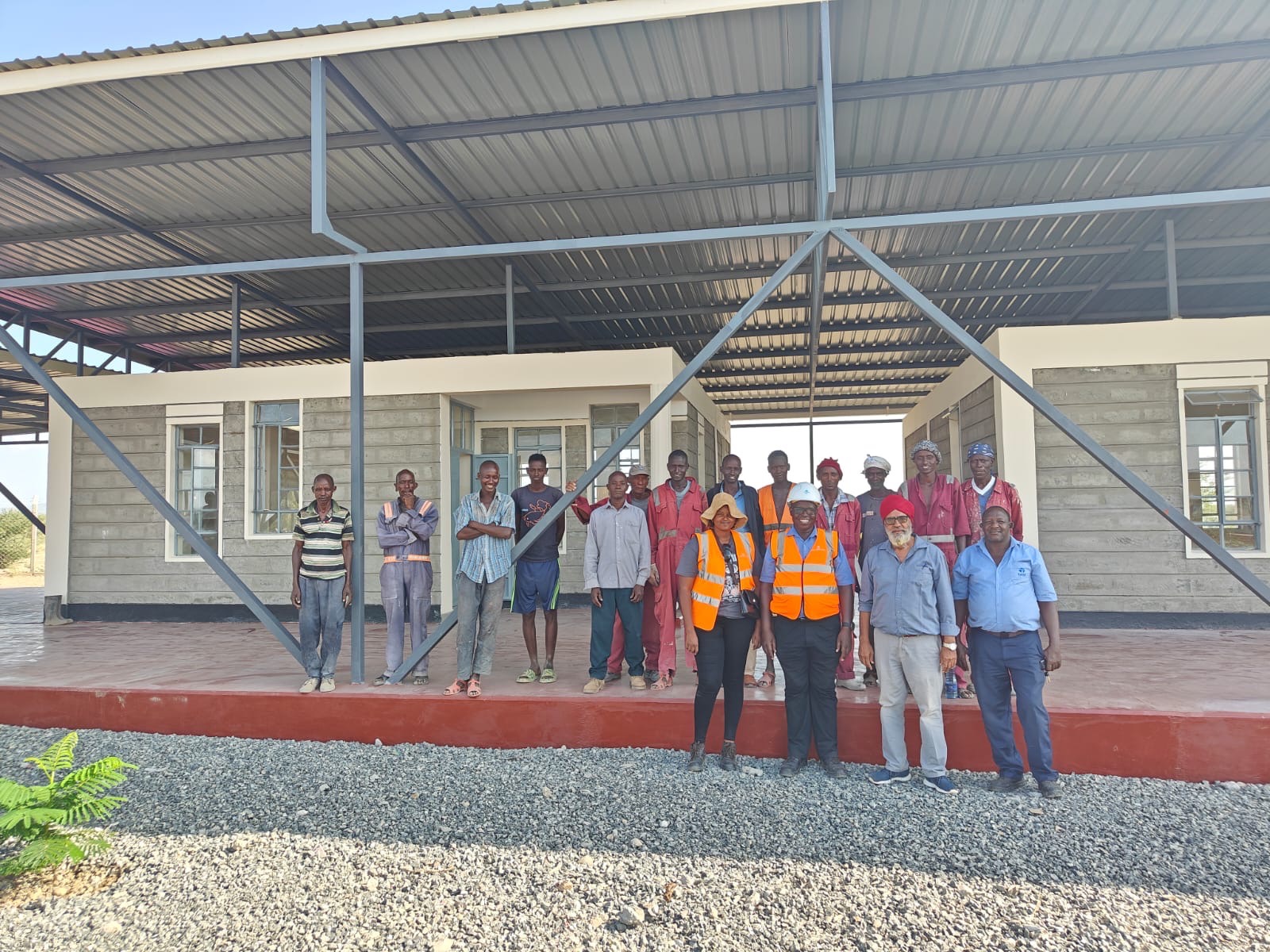Climate-Resilient School & Health-Hub
SHE members facilitated the partnerships between the Maasai communities in the Somphole area near lake Magadi, with the Magadi Soda Foundation, Mirja Sachs Foundation, Tata Foundation, conservancies, and local partners to support the establishment of a Climate Resilient School and a Health-Hub to serve the Maasai Lenkobei and Oloika communities in Kajiado West sub-County.
CLIMATE RESILIENCE DESIGNS
The Climate Resilient school draws on traditional and cultural knowledge and building materials. The goal for this climate resilient school is to be highly resilient to the increasing heat and the lack of water, and at the same time to be in harmony with the surrounding ecosystem, thus supporting the communities efforts to promote a high-end, low pressure ecotourism.
Architects from Italy and the United States have designed a climate-resilient school with natural ventilation, a water capture system, solar power, ecological sanitation and protection of natural ecosystems.
Architectural drawings by Fabio Barilari Architetti. School co-designed with the Maasai community of Lenkobei by Fabio Barilari, Javier von der Pahlen and Cristina Tirado.
First Phase Completed
The first phase of the Maasai Climate Resilient School in Lenkobei, Kenya has been completed. The new school provides beautiful and safe indoor and outdoor classroom spaces that are naturally ventilated and cooled. The double roofs provide shade, collect rainwater for drinking, and allow the installation of an upcoming solar energy system. Construction was completed in agreement with the Chairman of the Ranch and the community. Funding for construction was provided by Tata Foundation and Mirja Sachs Foundation. Construction was completed by Gurmakh and Peter Singh.
Milestone for Lenkobei: School Opening Celebration
In 2024, the Lenkobei Community celebrated the opening of school grounds.
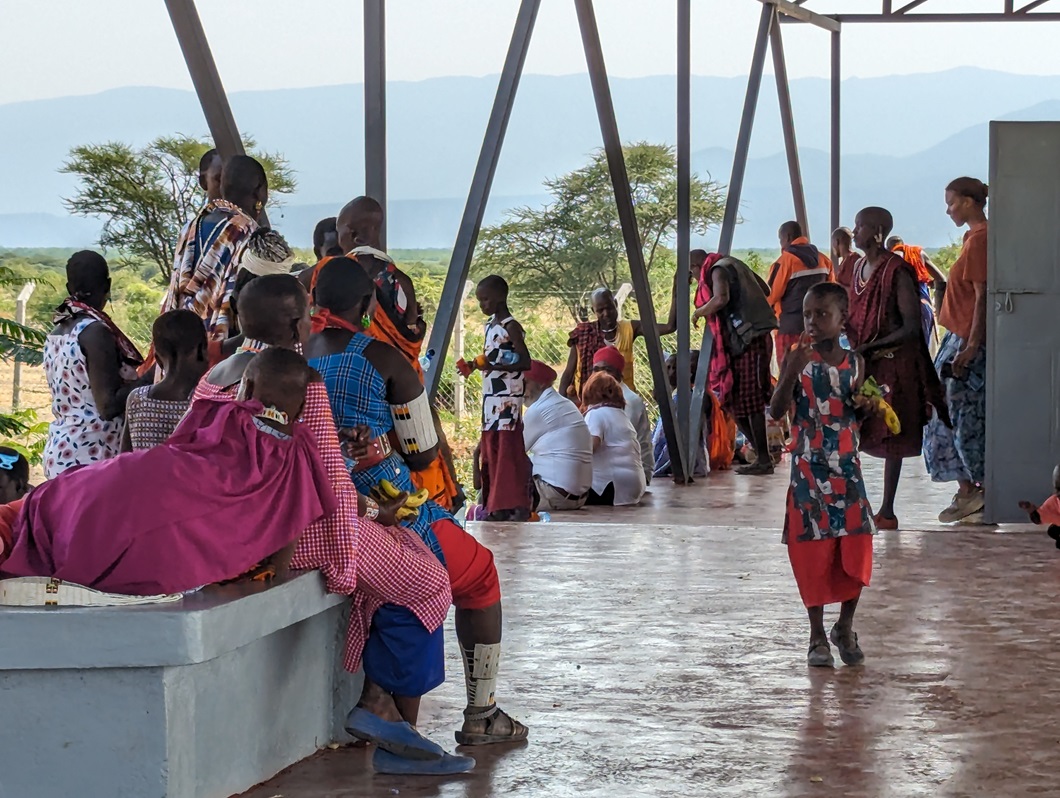
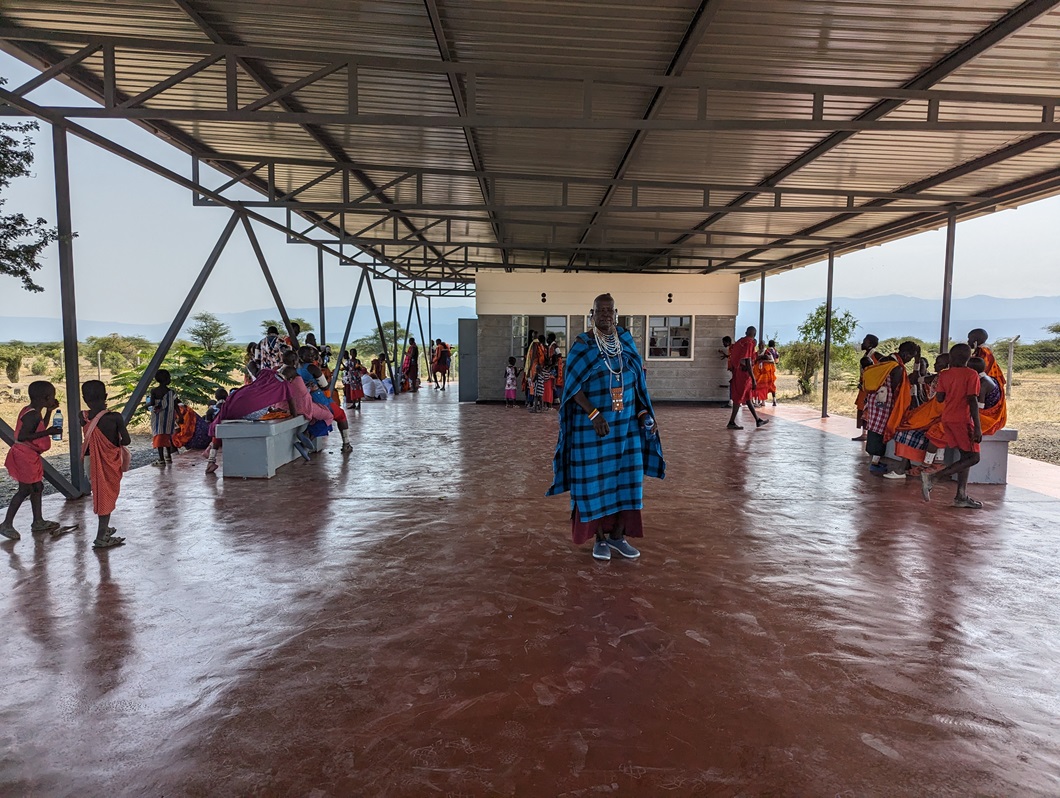
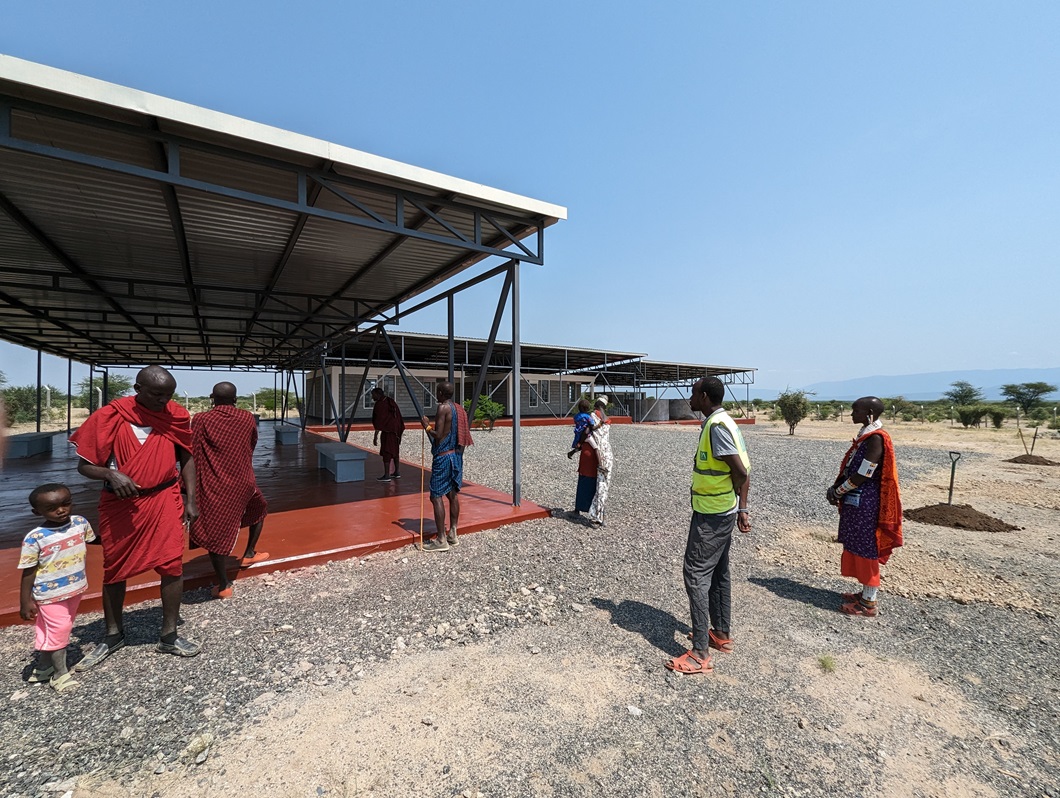
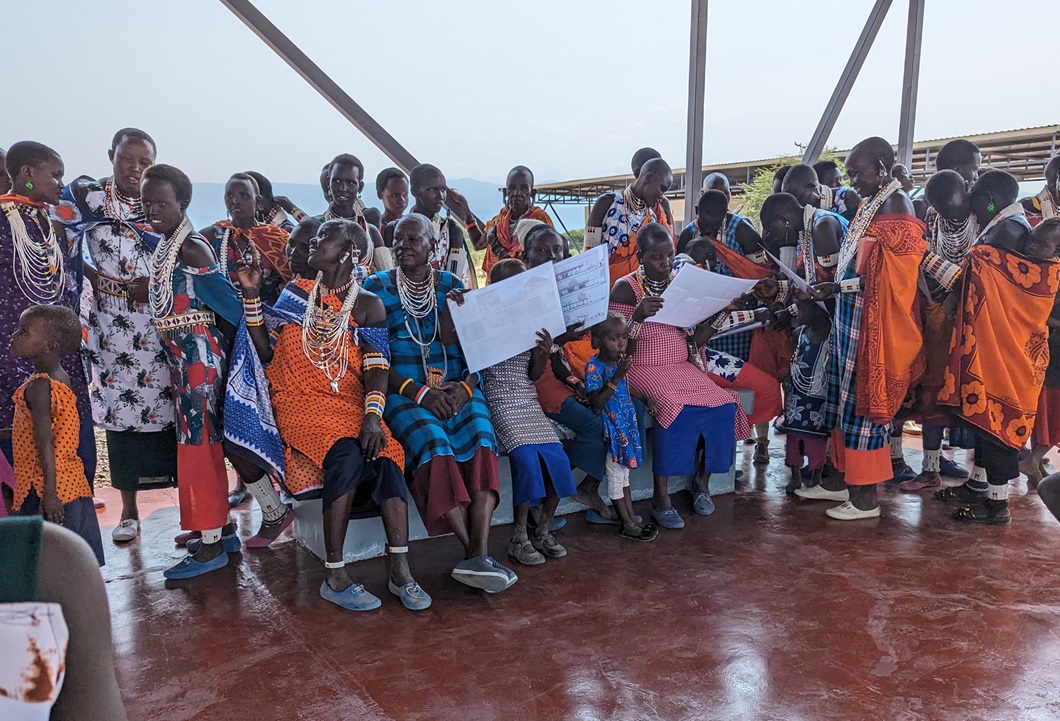
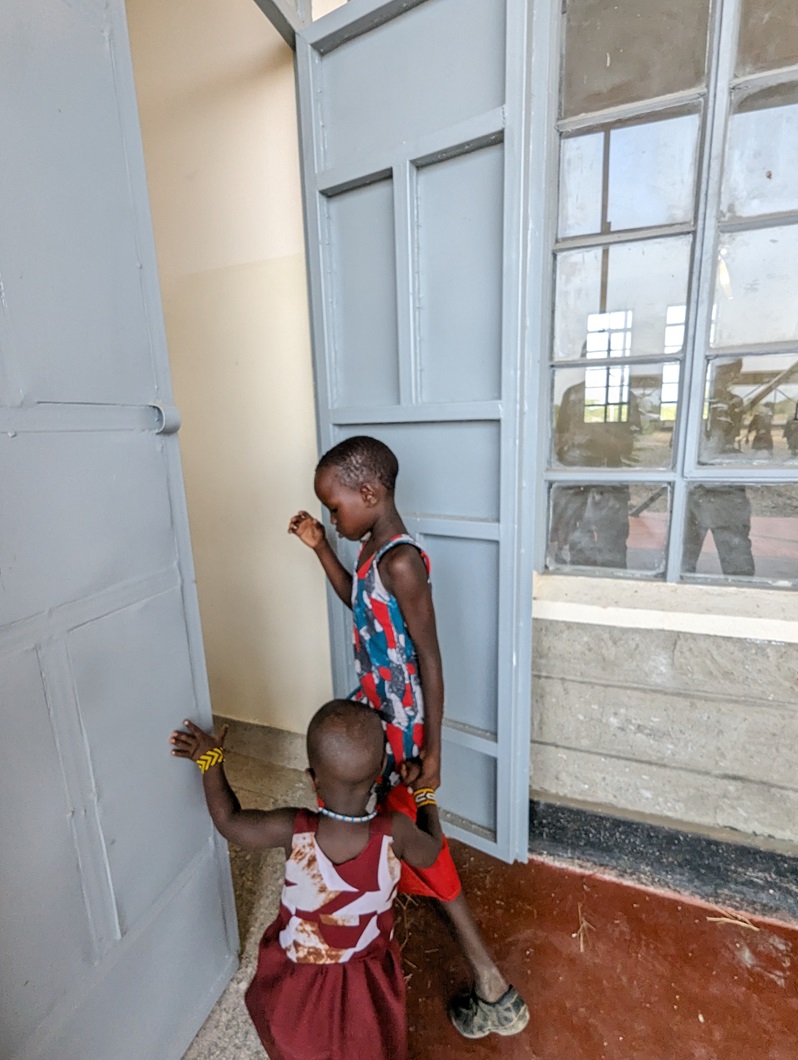
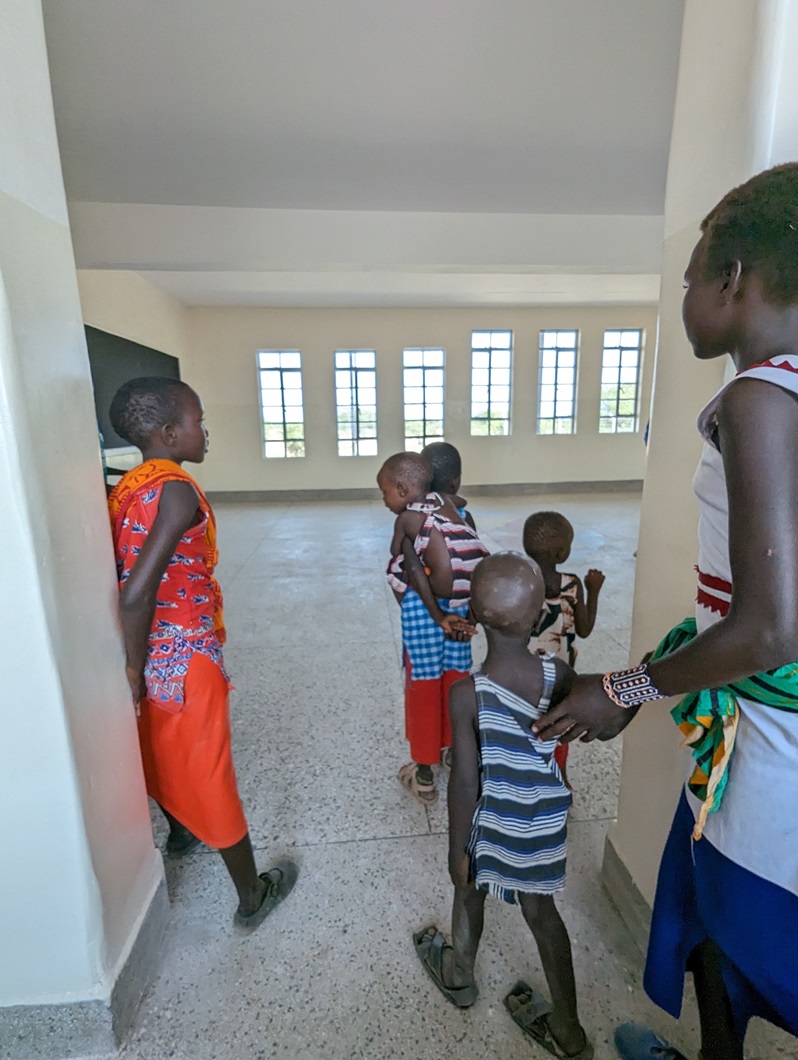
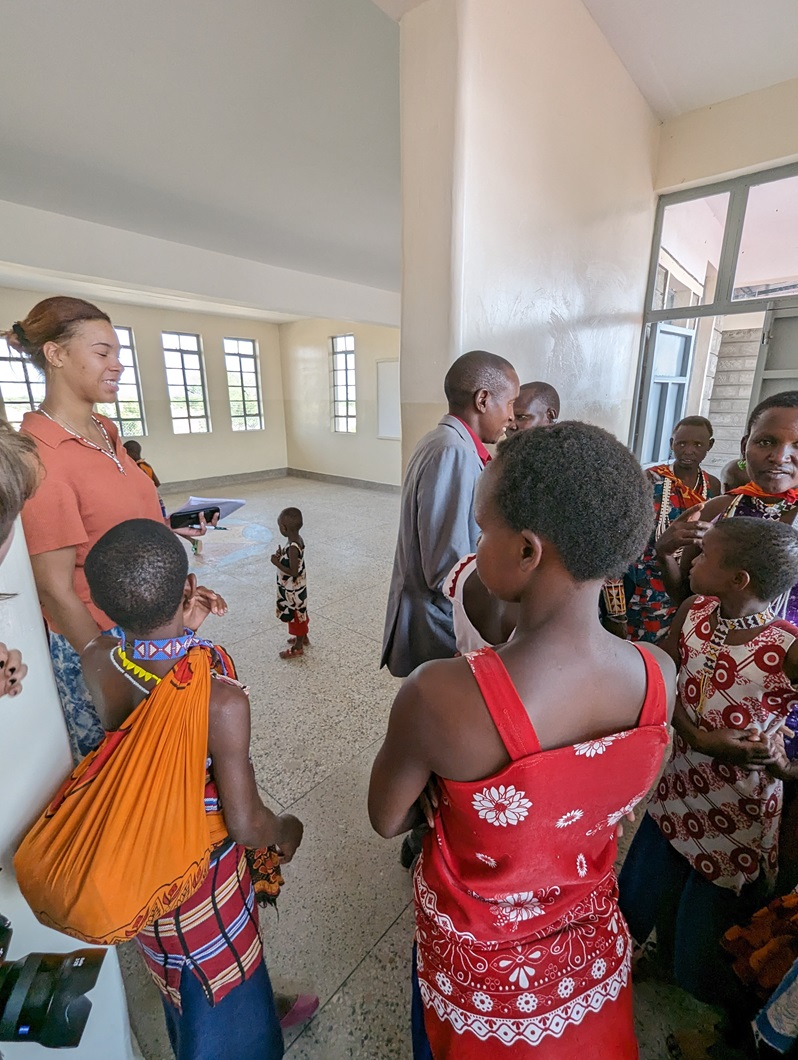
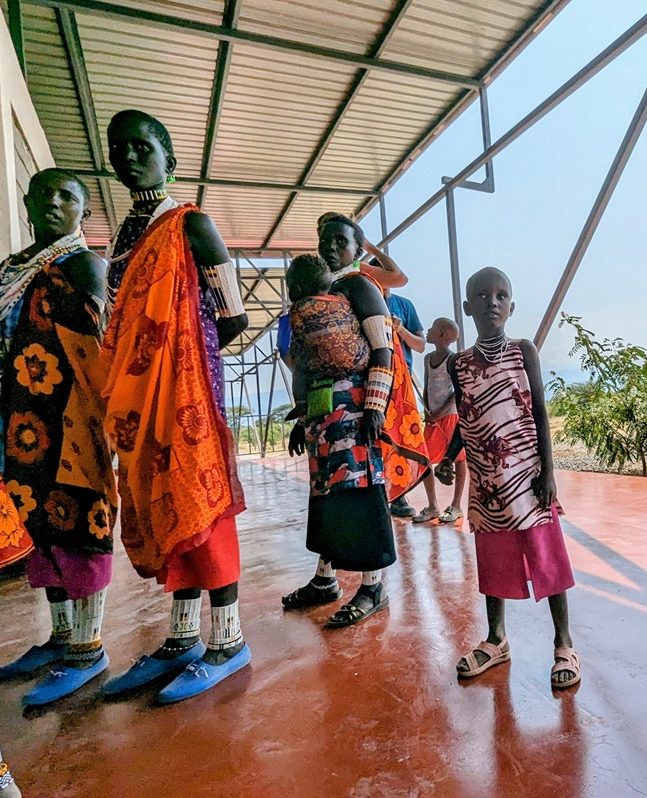
Next Phase:
Installation of an off-the-grid solar powered clean energy system.
